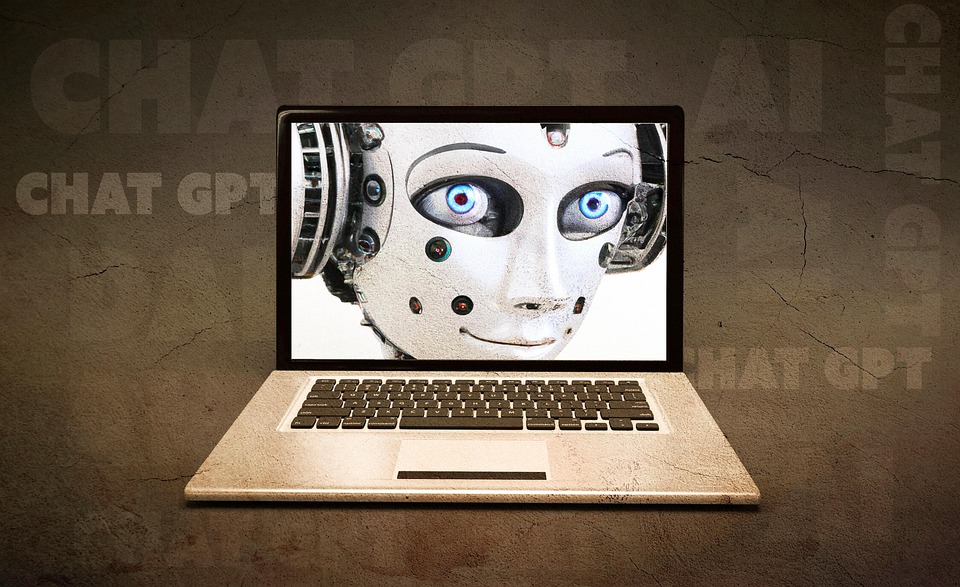The Road Ahead: Predictions for AI in the Next Decade
As we stand on the precipice of a new decade, artificial intelligence (AI) continues to emerge as a transformative force across multiple sectors. From healthcare and finance to education and entertainment, AI technologies are reshaping how we interact with the world. As we look ahead, several key predictions can provide insight into how AI will evolve and impact our lives over the next ten years.
1. Enhanced Human-Machine Collaboration
One of the most promising aspects of AI is its capacity to augment human capabilities rather than replace them. In the next decade, we can expect to see a significant evolution in collaborative AI systems. These systems will work alongside humans, providing valuable insights and support in decision-making processes. For instance, professionals in fields like medicine will use AI to analyze medical data and predict patient outcomes, allowing for personalized treatment plans that improve patient care.
2. Democratization of AI Technology
As AI technology becomes more accessible, we will witness a democratization of AI tools. No longer confined to large corporations with deep pockets, small businesses and individual entrepreneurs will harness AI capabilities. Open-source platforms and user-friendly AI applications will empower a new wave of innovation. This democratization could lead to more diverse solutions and applications, fostering creativity and competition.
3. Ethical and Responsible AI Development
As AI becomes more pervasive, ethical concerns will shape its development. The next decade will likely see a stronger emphasis on fairness, accountability, and transparency in AI systems. Organizations will increasingly focus on building responsible AI that emphasizes ethical considerations, bias reduction, and data privacy. This shift will not only build public trust but also help guide regulatory frameworks that ensure these technologies are used responsibly.
4. Advances in Natural Language Processing (NLP)
The realm of NLP has made tremendous strides, and this trend will accelerate over the next decade. Expect AI to not only understand context and nuance in languages but also to interact in a more conversational manner. Businesses will leverage advanced chatbots and virtual assistants to enhance customer service, while researchers will use these capabilities for deeper insights into human communication patterns. This advanced NLP will also bridge language gaps in a globalized world, enhancing cross-cultural interactions.
5. AI in Education
AI will revolutionize education by personalizing learning experiences. Adaptive learning systems will tailor educational content to meet individual learning needs, ensuring that students progress at their own pace. Predictive analytics will be used to identify students at risk of underperforming, enabling timely interventions. Moreover, AI’s role in streamlining administrative tasks will allow educators to focus more on teaching, ultimately enhancing educational outcomes.
6. Integration of AI in Everyday Life
With the growth of the Internet of Things (IoT), the integration of AI into daily life will become seamless. Smart appliances will learn user preferences and optimize energy consumption. AI-driven health monitors will offer real-time feedback on wellness metrics. Autonomous vehicles will change the way we approach transportation, enhancing safety and efficiency. As these technologies become commonplace, our daily routines will be transformed.
7. AI in Climate Change Mitigation
The fight against climate change will benefit significantly from AI innovations. From optimizing energy consumption in buildings to predicting climate patterns and managing natural resources, AI can provide critical insights and solutions. Machine learning algorithms will help in modeling climate scenarios, enabling scientists and policymakers to make informed decisions in combating environmental challenges.
8. Security and Cybersecurity Advancements
As AI technologies advance, so too will the methods employed by cybercriminals. Consequently, the next decade will see an arms race between hackers and cybersecurity professionals. AI will play a crucial role in threat detection and response, utilizing machine learning algorithms to identify anomalies and potential breaches in real-time. As organizations embrace these advanced security measures, we can expect a fortified digital landscape.
Conclusion
The next decade is poised to witness a remarkable evolution in AI technology, leading to vast opportunities and significant challenges. The predictions outlined here offer a glimpse into the transformative role AI is expected to play across various sectors. While the benefits can be profound, ensuring ethical development, responsible use, and equitable access will be essential. As we naviguate this new landscape, the choices made today will shape the future of AI for generations to come. Embracing innovation while prioritizing human values will be the cornerstone for a prosperous and inclusive AI-driven world.



